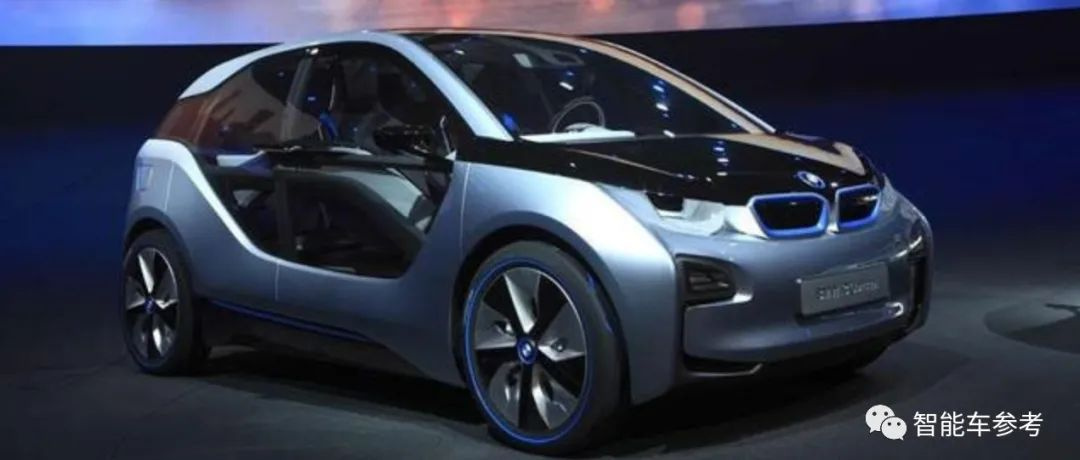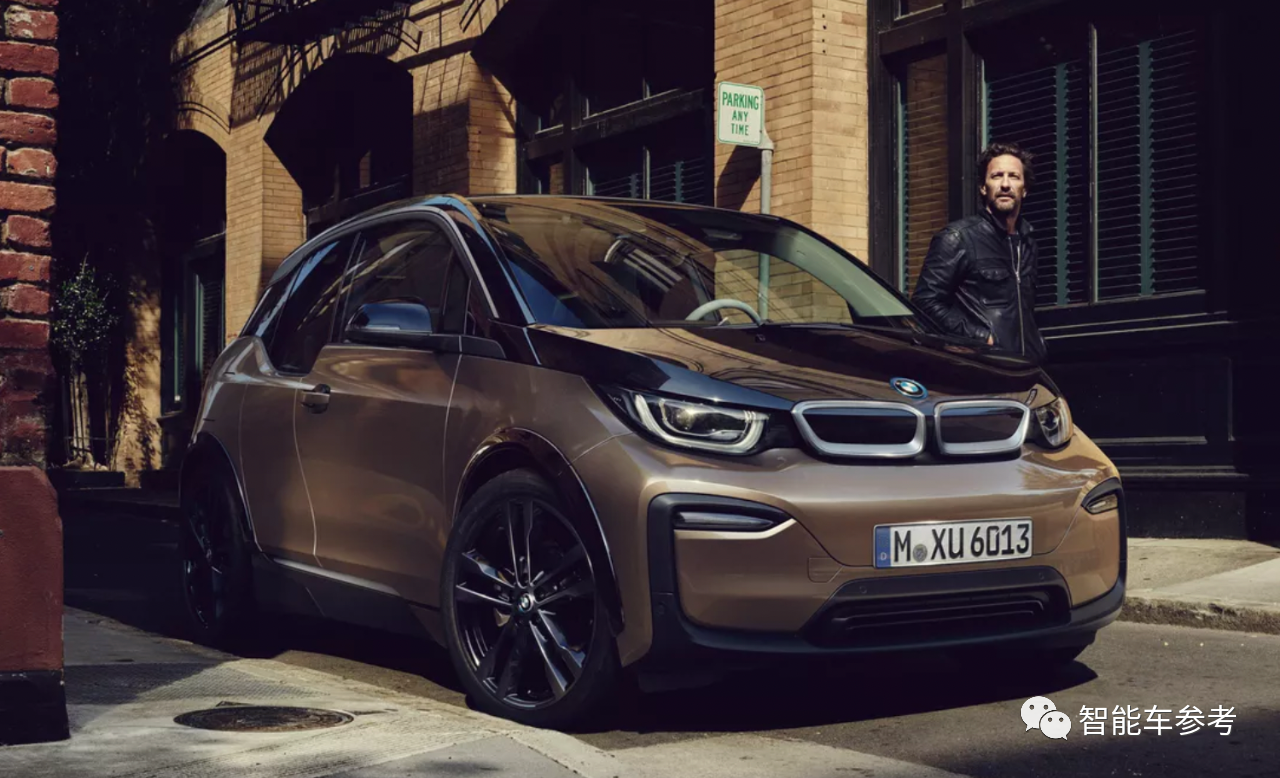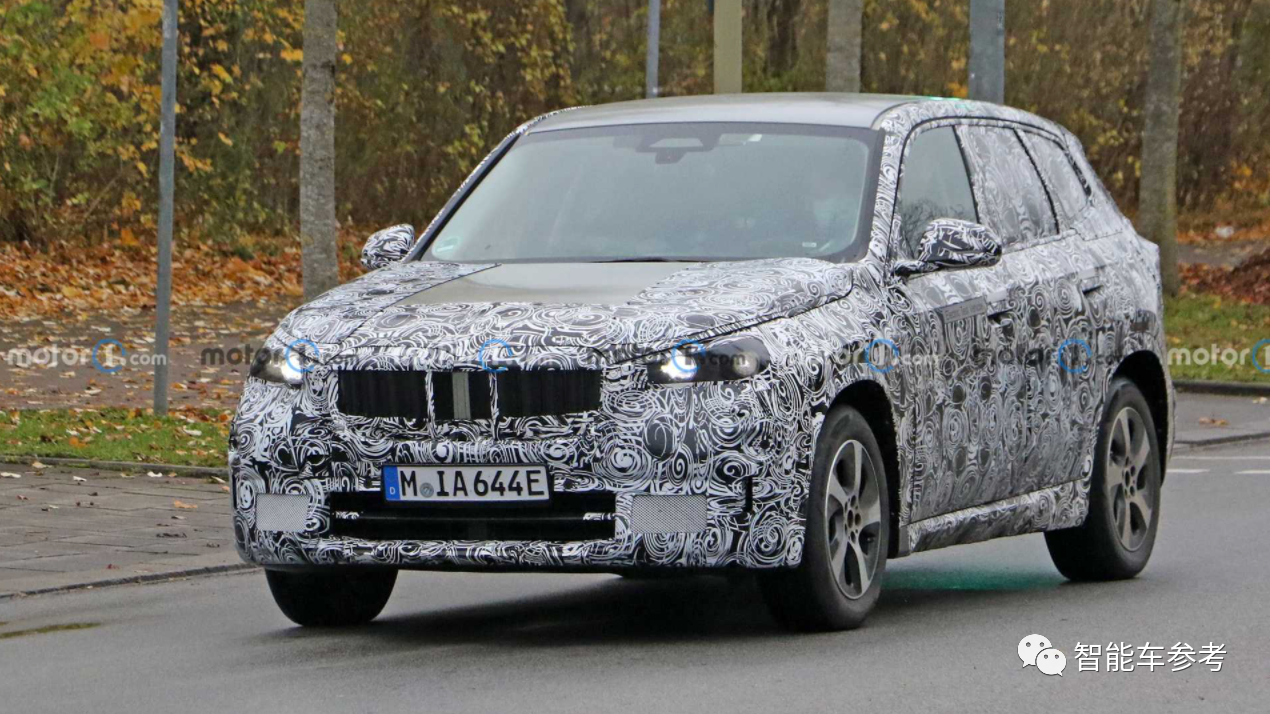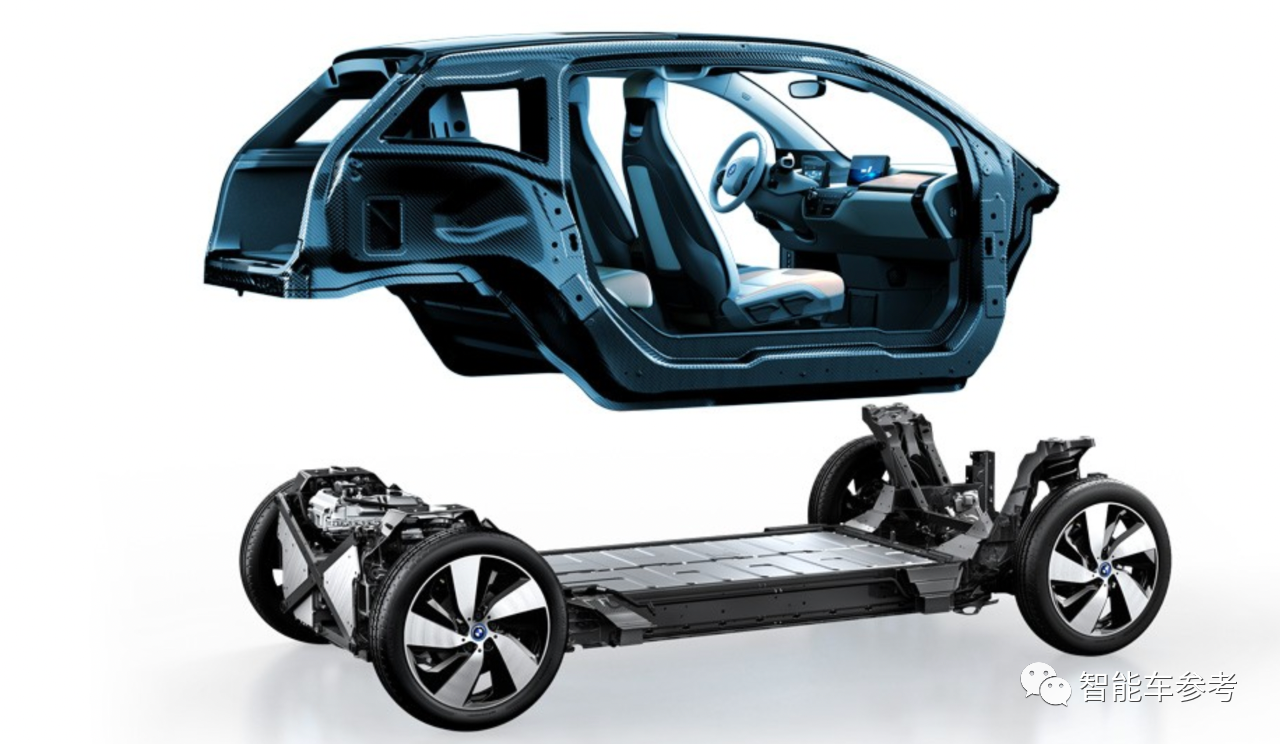BMW i3 to Cease Production in July 2022
The BMW i3, the first pure electric vehicle developed by BMW, which brought hope to the electric vehicle transformation, will now come to an end of production.
Since its official launch in 2013, the BMW i3 has been on sale for nine years, selling about 250,000 units.
This work of art heralded the beginning of BMW’s electrification and transformation, but indirectly slowed it down due to the cold reception it received from the market.
Now, with the rapid expansion of BMW’s pure electric vehicle product matrix, the BMW i3 has completed its mission.
To make room for new models and free up production capacity, the cessation (possible) of production will be the best fate for BMW i3.
The BMW spokesperson recently confirmed in an interview with foreign media electrek that the first pure electric vehicle developed by BMW, the BMW i3, will be discontinued in July this year.
The last BMW i3 will be taken off the line at the Leipzig factory in Germany.
Previously, the BMW i3 had stopped selling domestically since 2020.
The BMW iX1, a compact pure electric SUV, is the replacement for the BMW i3.
According to official sources, the BMW iX1 was originally scheduled to be launched in the first half of this year, but due to construction delays, the launch date has been postponed to 2024.
In addition to the iX1, the second-generation Mini Electric is also one of the replacements for the BMW i3 after its cessation.
This car is produced by Light Beam, a joint venture between BMW and Great Wall, and is expected to be officially launched in 2023.
At the same time, both the iX1 and Mini Electric are based on the BMW FAAR platform, which means that the Drive Life platform used by the BMW i3 will also become a thing of the past alongside the BMW i3.
As the pioneer of BMW’s pure electric vehicles, the BMW i3 first appeared in concept car form in 2011.
Two years later, the BMW i3 went into mass production and was the first to land in the British market, which favored compact cars.
The production version of the BMW i3 retained many of the conceptual elements, featuring a hinge-style rear door and a carbon fiber structure, with a novel shape that caught the eye when it was first released.In terms of power, BMW i3 is available in two types, pure electric and range extender, using a 22.2kWh lithium-ion battery with a maximum power of 168BHP (brake horsepower).
In 2017, BMW i3 underwent a facelift with increased battery capacity up to 33.3kWh.
At the same year, BMW also launched a higher-powered new model, BMW i3 S.
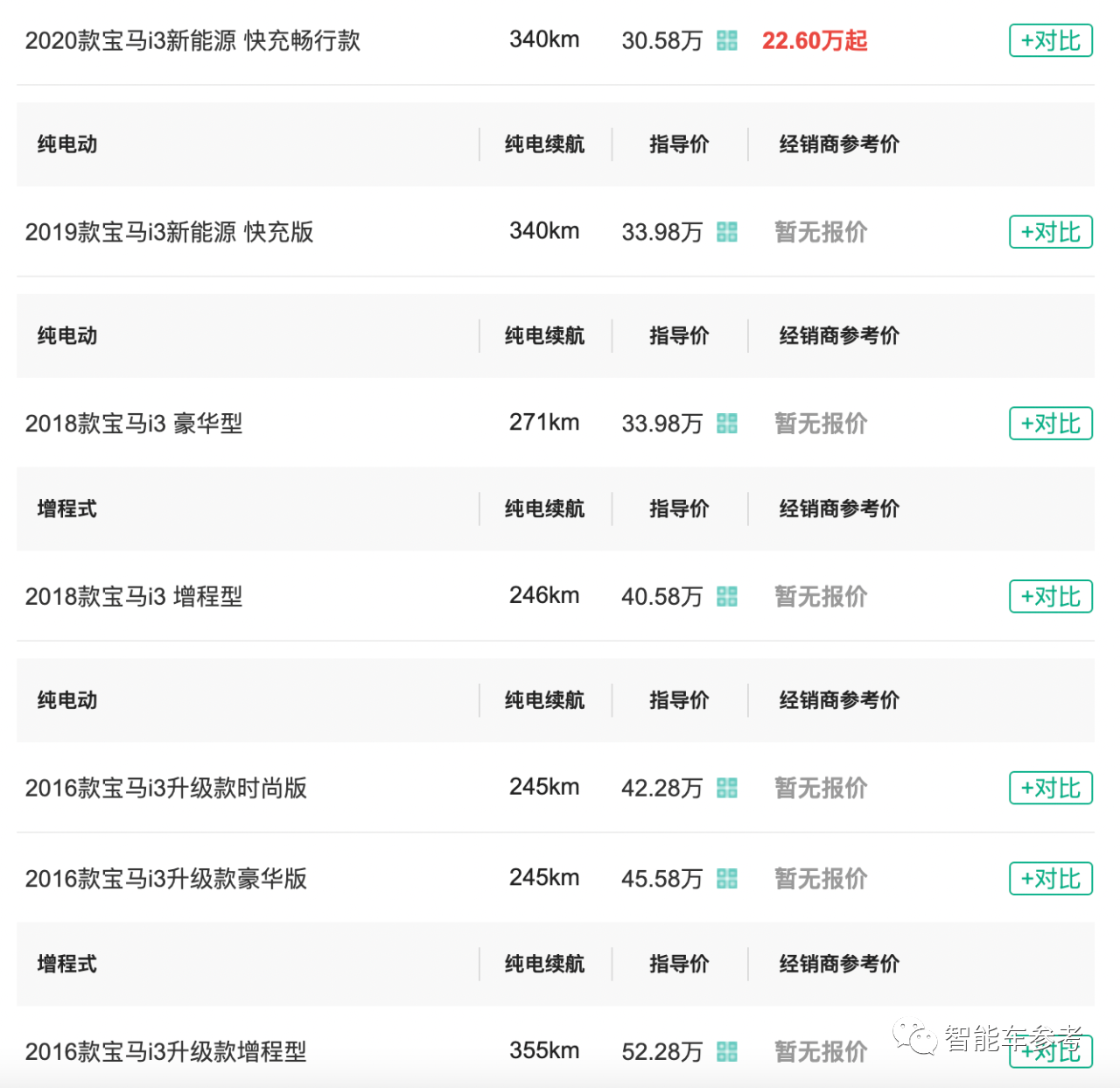
In terms of price, the earlier versions of BMW i3 were priced at around 500,000 RMB, while subsequent versions in the last two years are priced in the range of 300,000 RMB.
In terms of sales, public data shows that from its launch in 2013 until October 2021, BMW i3 sold over 200,000 units. It is expected that the sales will reach around 250,000 units before its discontinuation in July this year.
From its debut to its discontinuation, BMW i3 has gone through 11 years.
This car not only signifies the first mass-produced electric vehicle for BMW, but also witnesses the start of BMW’s electrification transformation.
Nowadays, with BMW’s accelerated electrification transformation, BMW i3 has completed its mission and makes way for the “new era”.
Why is it discontinued?
The reason why BMW i3 is discontinued is simple: it lacks market competitiveness.
Since the debut of BMW i3 concept car in 2011, BMW has been seen as the first traditional carmaker to sound the horn of electrification transformation.
As a mass-produced electric vehicle, BMW i3 was also regarded as the spearhead of BMW’s entry into the pure electric vehicle market.
However, in terms of sales, BMW i3 is obviously unable to live up to its expectations.
Data shows that in the first year of its launch, 2014, BMW i3 sold 16,052 units worldwide.
As of 2021, BMW i3’s sales are fixed at 226,800 units, with an average annual sales volume of 28,000 units.
Compared with vehicles of the same level, such market performance is hard to compete with.
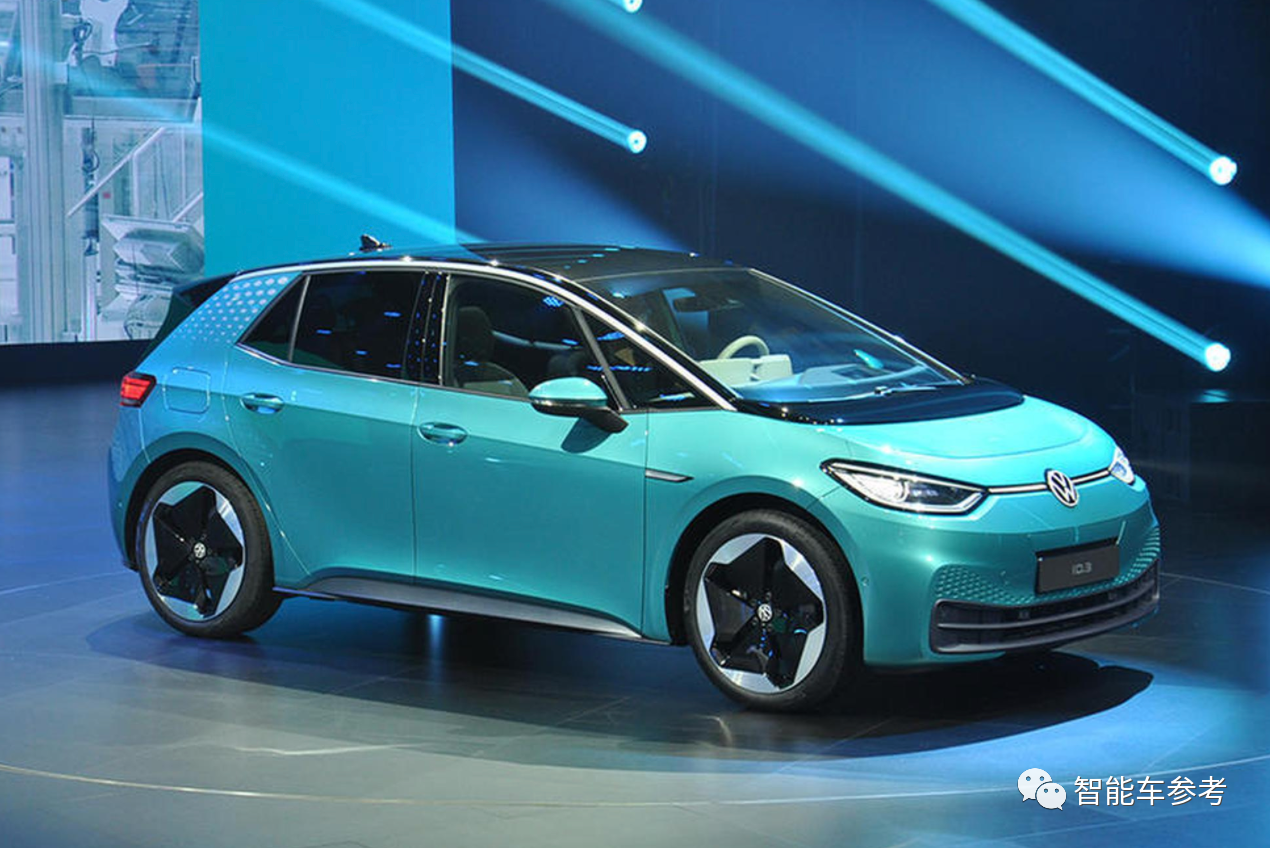
The Volkswagen ID 3, a compact pure electric car of the same class, was launched in Europe in mid-2019 and officially delivered in 2020. By the end of that year, its cumulative sales had reached 54,000 units.The underwhelming performance of the BMW i3 is widely believed to have indirectly resulted in BMW’s electrification transition plan becoming too conservative and falling behind its competitors, making it too little too late.
Moreover, as an electric vehicle that came on the market nine years ago, it is difficult for it to compete in the current market in terms of intelligence and platform expansion.
As a result, BMW has decided to take the BMW i3 off the production line to free up capacity for more competitive products, which is undoubtedly a good choice.
After the BMW i3 is discontinued, BMW officials revealed that the production line will be reconfigured to prepare for the production of the new Mini Countryman.
At the same time, a BMW spokesperson also stated that the rapid expansion of the pure electric vehicle product line is also an important reason for discontinuing the BMW i3.
By the end of this year, BMW will launch six pure electric vehicle models in the global market, and by 2023, the number of BMW’s pure electric vehicle models will increase to 13.
Undoubtedly, although the BMW i3 did not perform well in the market, it at least provided experience for BMW’s electrification transition.
Now, discontinuing the production and ending its historical mission may be the best destination for this veteran.
Reference links:
https://www.autocar.co.uk/car-news/new-cars/bmw-i3-cease-production-july-after-nine-years
https://electrek.co/2022/01/28/the-future-is-now-after-nine-years-its-time-to-say-goodbye-to-the-bmw-i3/
— End —
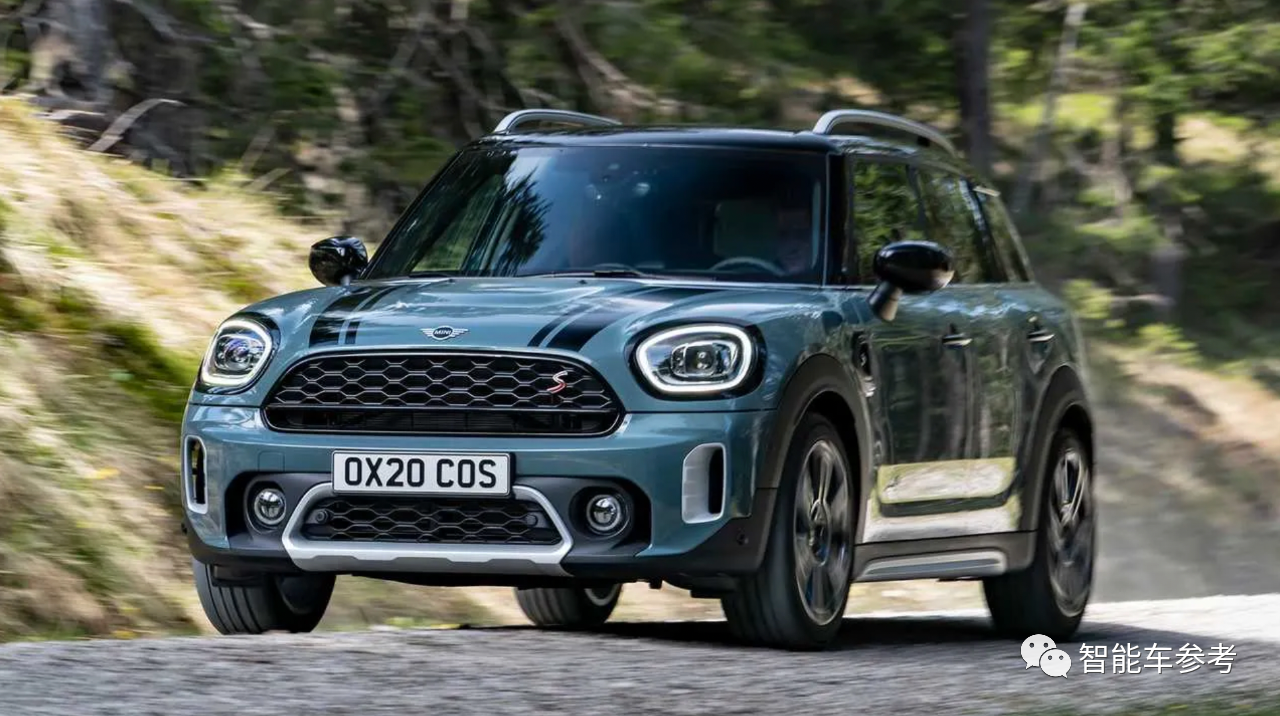
This article is a translation by ChatGPT of a Chinese report from 42HOW. If you have any questions about it, please email bd@42how.com.
